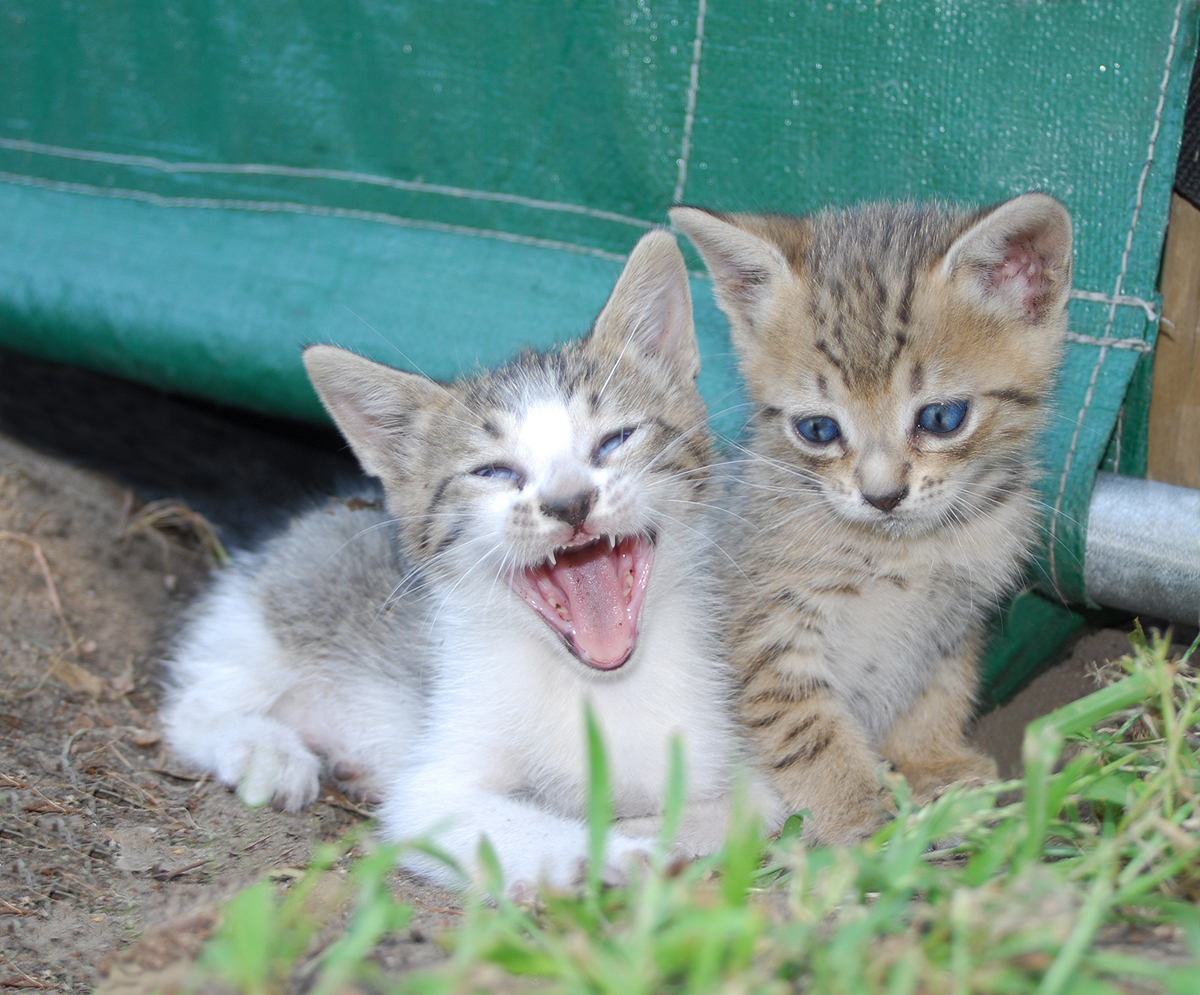Understanding The Curious Phenomenon Of Cat Barking
Have you ever heard a cat bark? This peculiar sound can leave many pet owners scratching their heads in confusion. While barking is commonly associated with dogs, the idea of a cat producing a similar noise is not just a figment of our imagination. In fact, the phenomenon of cat barking is an intriguing subject that warrants a deeper understanding. Cats have unique vocalizations that serve various purposes, and sometimes, these sounds can resemble a dog’s bark. This article will explore why some cats may bark, what it means for their behavior, and how to address this unusual occurrence.
As pet lovers, we are always fascinated by our furry friends and their diverse ways of communicating. From meows to purrs, every sound they make has meaning. However, the infrequency of cat barking can make it particularly perplexing. Whether it's a sign of distress, excitement, or a way to interact with their owners, understanding the reasons behind this behavior can help us ensure our pets are happy and healthy.
In this article, we will take a closer look at the phenomenon of cat barking, its potential causes, and what owners can do to help their feline companions. By diving into this unusual behavior, we will uncover the complexities of cat communication and how it can enrich our relationship with these enigmatic creatures.
What Causes Cats to Bark?
When it comes to understanding cat barking, it helps to know the various reasons behind this behavior. Cats may bark for several reasons, including:
- Excitement: A playful mood can lead to barking, similar to how dogs express joy.
- Attention-seeking: Cats may bark to get their owner's attention, especially if they feel neglected.
- Frustration: If a cat is unable to reach something, it may express its frustration through barking.
- Health issues: Sometimes, barking can be a sign of discomfort or illness, so monitoring your cat's health is essential.
Is Cat Barking a Sign of Distress?
It's essential to differentiate between playful barking and barking that indicates distress. If your cat's barking sounds frantic or urgent, it may be trying to communicate discomfort or fear. Pay attention to the context in which the barking occurs, as this can provide clues about its meaning. Signs of distress may include:
- Hiding: If your cat seeks shelter or hides while barking, it might be feeling threatened.
- Excessive grooming: This can be a sign of anxiety, often accompanied by barking.
- Changes in appetite: A sudden change in eating habits can indicate stress or illness.
How Can Owners Respond to Cat Barking?
Understanding how to respond to your cat's barking is crucial for maintaining its well-being. Here are some strategies owners can employ:
- Stay Calm: If your cat is barking, try to remain calm and assess the situation before reacting.
- Provide Comfort: If your cat seems distressed, offer it comfort through gentle petting or by creating a safe space.
- Consult a Vet: If barking persists or is accompanied by other concerning behaviors, consult a veterinarian for advice.
Can Cat Barking Be a Form of Communication?
Absolutely! Cats have unique ways of communicating with their owners, and barking can be one of them. It's essential to pay attention to the context in which your cat barks. Cats might bark to express:
- Hunger: If a cat is hungry, it may bark to let its owner know it’s time for a meal.
- Playfulness: Cats may bark to initiate play with their owners or to invite them to join in on their antics.
- Curiosity: A cat barking at something it has spotted may indicate excitement or curiosity.
Are Certain Breeds More Likely to Bark?
While any cat can potentially bark, certain breeds may be more vocal than others. Breeds such as Siamese and Abyssinians are known for their chatty nature and might be more prone to making unusual sounds like barking. Factors that can influence a cat's vocalization include:
- Genetics: Some cats are simply more vocal due to their lineage.
- Environment: A lively or stimulating environment may encourage more vocal behavior.
- Socialization: Cats that are well-socialized may develop a wider range of vocalizations.
What Should You Do If Your Cat Barks Frequently?
If your cat barks frequently, consider the following steps to address the behavior:
- Monitor Triggers: Keep track of when your cat barks to identify potential triggers.
- Provide Enrichment: Engage your cat with toys, puzzles, and interactive play to reduce excessive barking.
- Consult Experts: If you’re unsure how to manage the barking, consider consulting a feline behaviorist.
Can Cat Barking Be a Sign of Age-Related Issues?
As cats age, they may experience changes in behavior, including increased vocalizations. Barking in older cats can be a sign of cognitive decline or sensory loss. Be observant of any additional signs that might indicate your cat is struggling with age-related issues, such as:
- Disorientation: If your cat appears confused or lost in familiar surroundings.
- Changes in Sleep Patterns: An increase in nighttime vocalization can indicate restlessness.
- Social Withdrawal: If an older cat becomes less interactive or avoids socializing, it’s worth investigating.
Conclusion: Embracing the Mystery of Cat Barking
In conclusion, cat barking is a fascinating behavior that can stem from various causes, including excitement, distress, or a need for communication. While it might seem odd for a cat to bark, understanding the reasons behind this vocalization can help strengthen the bond between you and your feline friend. Always pay attention to the context of the barking, and don't hesitate to reach out to a veterinarian or behaviorist if you have concerns. By embracing the mystery of cat barking, you can ensure a happier and healthier life for your beloved pet.
Delightful Crunch: Exploring The World Of BBQ Doritos
Unveiling The Life Of Michelle Lundstrom: Insights From Her Wikipedia Page
Unlocking The Secrets Of Cracked Streams NFL: A Comprehensive Guide


